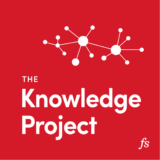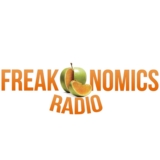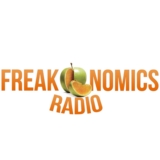Daniel Gross, former Y Combinator partner and current founder of Pioneer, discusses how we can make our success less about luck, the powerful role we play in ...
Roberto Chavez started his raw land flipping side hustle a little over a year ago, and with persistence, has already built it into 5-figure of monthly revenue. ...
Daniel Ek, a 23-year-old Swede who grew up on pirated music, made the record labels an offer they couldn’t refuse: a legal platform to stream all the world’s ...
This week I spoke with Alan Barratt, CEO and Founder of the worlds fastest growing sports performance and weight management brand, Grenade. Alan and his wife ...
.lightweight-accordion { border: 1px solid #ccc; border-radius: 4px; padding: 5px; margin: 5px 0; } .time { font-size: 0.875rem; /* Option 3: Using rem ...
“Growth isn’t the byproduct of success,” Paul Jarvis told me. “Or at least it shouldn’t be. The byproduct of success should be ...
As cities become ever-more expensive, politicians and housing advocates keep calling for rent control. Economists think that’s a terrible idea. They say it ...
Welcome back to Chapter 9 of The Diary of a CEO. This week, I talk about my obsession with the tragic yet fascinating mess that is Brexit, and how I’ve learnt ...
.lightweight-accordion { border: 1px solid #ccc; border-radius: 4px; padding: 5px; margin: 5px 0; } .time { font-size: 0.875rem; /* Option 3: Using rem ...
On this episode, Scott Page, 5x Author and Professor of Complex Systems at the University of Michigan explains the power mental models have in how we view the ...
As we’ve mentioned, “scaling” a service business can be one of the biggest challenges with this business model. In fact, it’s a sticking point that keeps a lot ...
.lightweight-accordion { border: 1px solid #ccc; border-radius: 4px; padding: 5px; margin: 5px 0; } .time { font-size: 0.875rem; /* Option 3: Using rem ...





